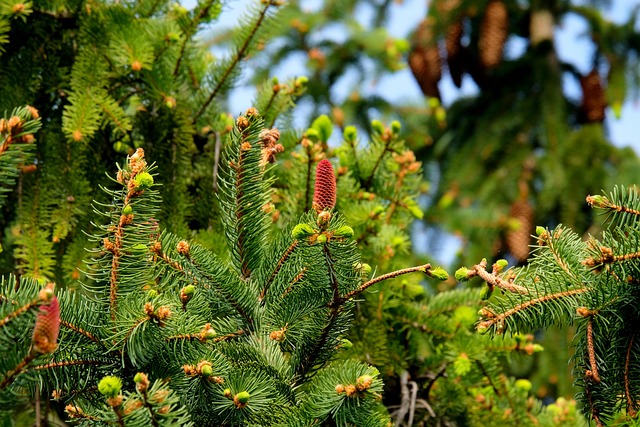As the world becomes increasingly aware of environmental challenges, eco-friendly gardening practices are more important than ever. A shift towards sustainable plant management in our flower gardens can significantly impact both our local ecosystems and our own well-being. Embracing green gardening not only beautifies our surroundings but also nurtures the environment we share.
When considering sustainable flower plant management, it’s essential to understand the interconnectedness of nature. Each flower, insect, and organism plays a vital role in maintaining ecological balance. By incorporating native plants into your flower garden, you create a habitat that encourages local pollinators, such as bees and butterflies, to thrive. These native species are well-adapted to your local climate and soil conditions, often requiring less water, fewer chemicals, and less maintenance than non-native varieties.
Another valuable practice in green gardening is composting. Turning kitchen scraps and yard waste into nutrient-rich compost not only reduces landfill contributions but also enriches your soil. This natural fertilizer promotes healthy plant growth, enabling your flowers to flourish without the need for synthetic chemicals. With compost, you’re giving back to the earth while ensuring vibrant blooms that can draw the admiration of neighbors and visitors alike.
Water conservation is another important aspect of sustainable plant management. Implementing practices such as rainwater harvesting or drip irrigation helps optimize water use while benefiting your flowers. Additionally, mulching around your plants retains moisture in the soil, reduces weeds, and provides insulation during extreme temperatures. By using these methods, you’ll foster a thriving garden without overexploiting our precious water resources.
Weeds can be a gardener’s nemesis, but green gardening offers natural solutions. Instead of relying on chemical herbicides, consider using groundcovers to suppress weed growth and improve soil health. Hand-pulling weeds or using eco-friendly alternatives like vinegar can help keep your garden pristine without harming the environment. Adopting these strategies reinforces the idea that a healthy garden can coexist harmoniously with nature.
Finally, an essential component of sustainable plant management is the idea of biodiversity. By creating a diverse flower garden, you raise the resilience of your plants against pests and diseases. Mixing different varieties can attract beneficial insects that act as natural pest control, reducing the need for chemical interventions. Monitoring your garden’s health and adjusting your approach based on what you observe creates a thriving ecosystem that reflects the beauty and intricacy of nature.
Incorporating these eco-friendly practices into your flower gardening not only leads to stunning blooms but also contributes to a healthier planet. As we embrace sustainable plant management, let us remember the delicate balance of nature and strive to make choices that protect and nurture our environment. Together, we can cultivate gardens that bring joy, beauty, and sustainability into our lives.




